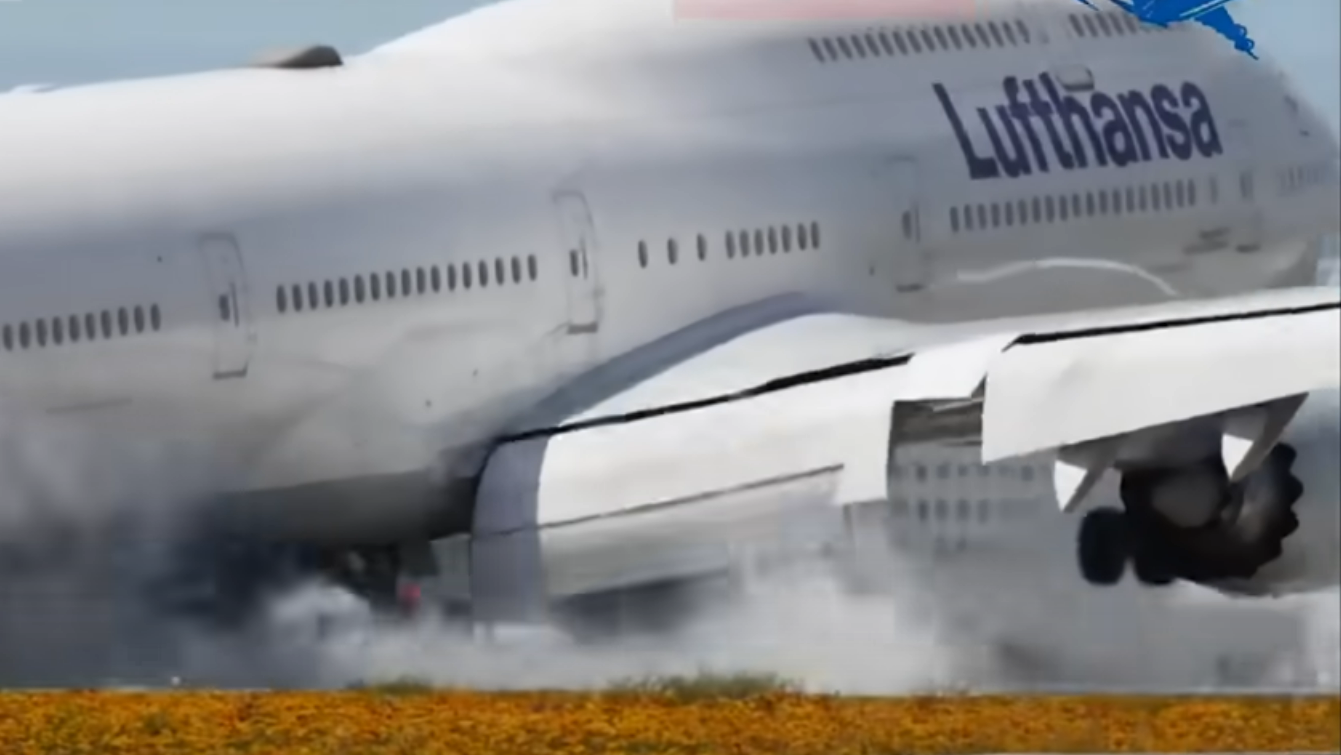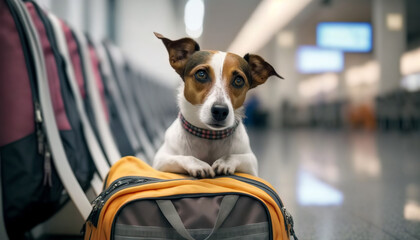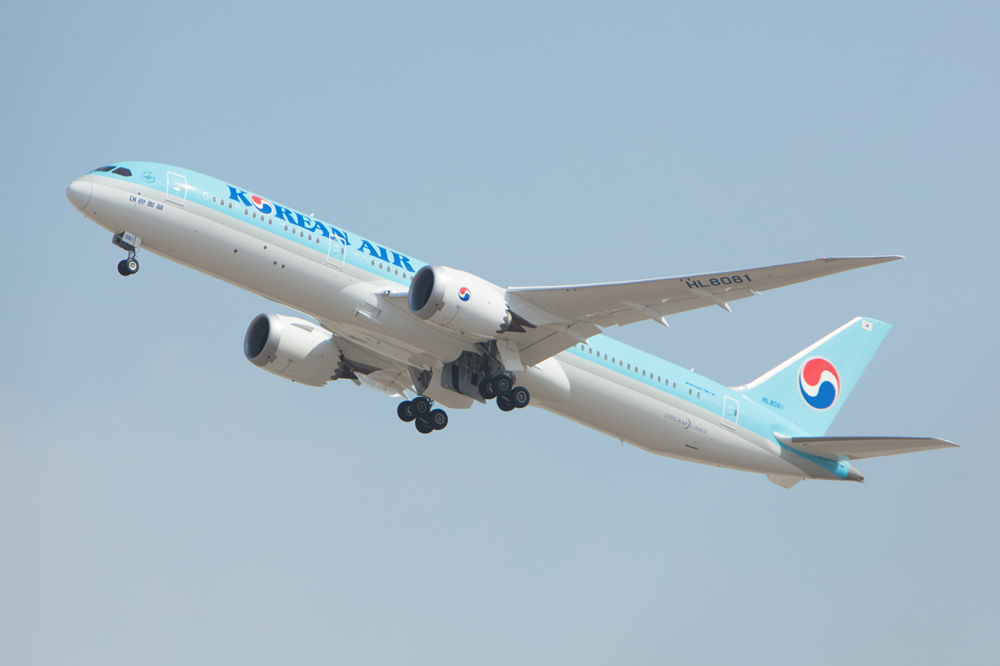The International Air Transport Association (IATA) will cut its global headcount by 22 percent after being “deeply impacted” by the coronavirus pandemic crippling its membership.
The airline lobby group said the cuts amounted to about 400 positions globally about half of which had already been accounted for through unfilled positions and voluntary departures.
This would mean about 200 layoffs across IATA’s offices worldwide, it said.
READ: US airlines begin thousands of layoffs as support stalls.
IATA had already frozen recruitment, reduced spending and its senior management had taken voluntary pay cuts.
“The restructuring will ensure IATA is well-positioned to sustainably support its members as we work towards restarting the aviation industry,’’ the organization said.
“IATA operates in 53 jurisdictions each of which has unique regulations covering restructuring with which IATA will comply.”
The cuts come as the lobby group converted its 76th annual meeting in Amsterdam, arguably the biggest event on the aviation calendar, to a virtual event after initially postponing it from June.
The World Air Transport Summit that accompanies the meeting was canceled for 2020.
“The decision to cancel the in-person AGM has not been taken lightly and in no way is a reflection on the hospitality of the Netherlands, nor our host carrier, KLM,’’ IATA director general Alexandre de Juniac said.
“When we postponed this year’s AGM from June until November, it was with the expectation that government restrictions on travel would have been sufficiently eased to enable a physical meeting.
“That now seems unlikely and alternative plans for a virtual event are being activated.”
De Juniac said the meeting would be one of IATA’s most important AGMs.
“The industry is in the deepest crisis in its history,’’ he said.
“And it is more important than ever for the industry to have this meeting serve as a rallying call of resilience as we find solutions to safely open borders and re-establish global connectivity, ensure vital cargo lanes; and build a sustainable future from the destruction of the virus.’’
























